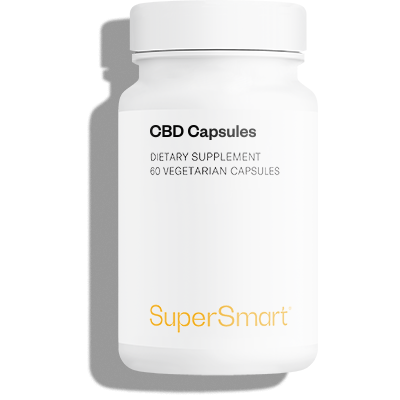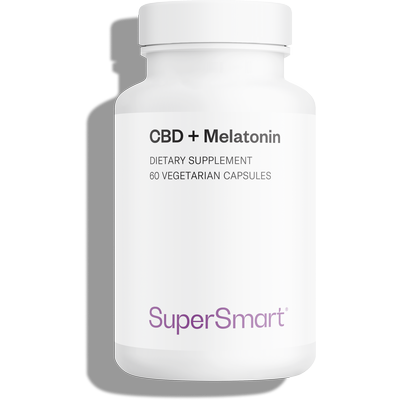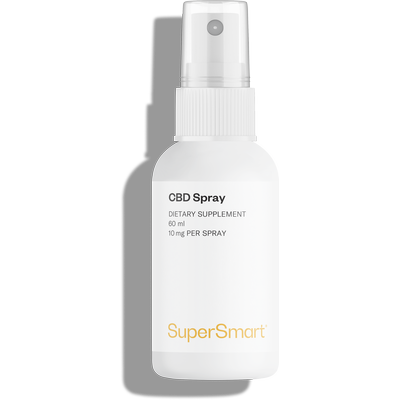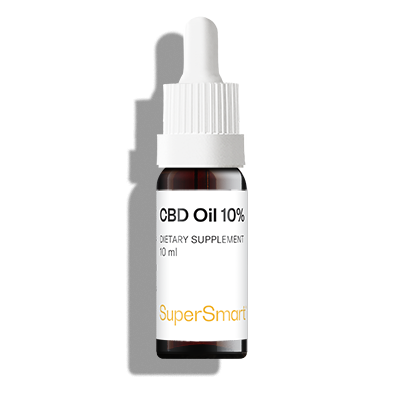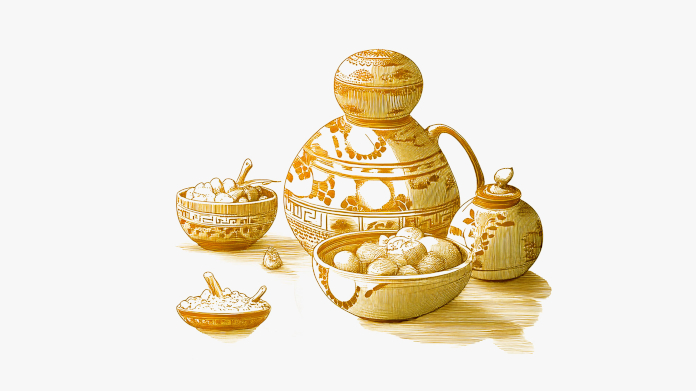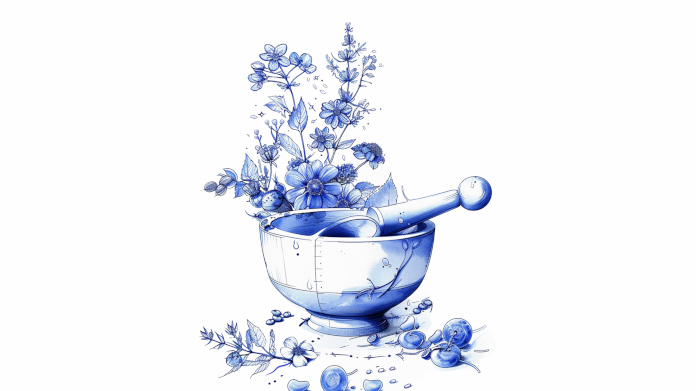Cannabidiol and addiction: does CBD cause dependence or addiction?
Cannabidiol (or CBD) has been enjoying a surge in popularity over the last few years. But could this ‘legal cannabis’ prove addictive?
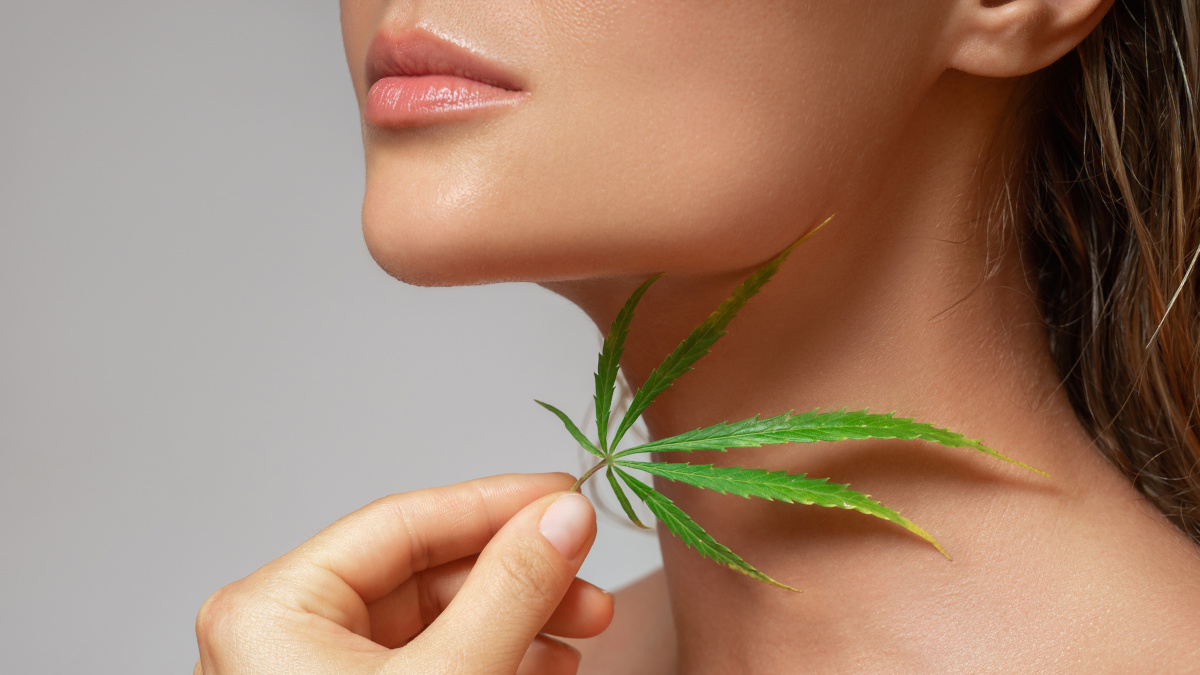
CBD: the other active ingredient in cannabis
Well-known these days among the general public, cannabidiol or CBD is the second most abundant active ingredient in cannabis. However, unlike tetrahydrocannabinol (Delta-9-THC, commonly known as THC), CBD has no psychotropic effects.
At its November 2017 conference, the WHO Expert Committee on Drug Dependence thus concluded that “in its pure state, cannabidiol (CBD) does not appear to present any risk of abuse nor is it harmful to health”(1).
Quite the reverse in fact. Following, in particular, the 2013 US report of a young girl whose rare, serious form of epilepsy appeared to have been cured by CBD, this substance has enjoyed unprecedented popularity across the globe for its many applications.
Known uses of CBD
For example, in the wake of the successful treatment of this young girl (2), a CBD-based pharmacological treatment is, under certain conditions, now authorised in the US and France for helping to combat some forms of epilepsy.
The range of CBD’s applications is actually extremely broad. To assess the diversity of disorders for which consumers use CBD, a study published in the JAMA Open Network in 2020 examined the most common reasons given by those self-medicating with the substance (3).
Of the 300+ accounts collected for this study, over 63% of respondents said they used CBD for anxiety, depression or Autistic Spectrum Disorder. More than 25% used it for orthopaedic pain and almost 15% for sleep problems.
However, there are no studies of large sample groups comparing the effects of CBD versus placebo on various symptoms and diseases. As a result, there’s a certain reluctance on the part of public authorities in many countries to officially recognise the benefits of CBD, even if recognition is widespread among consumers.
How do CBD and THC work?
THC and CBD are both cannabinoids and as such, act primarily on two receptors of the endocannabinoid system: CB1 and CB2.
This endocannabinoid system regulates various physiological functions (memory, motivation, energy, movement, pain, emotion …) (4-6).
THC, CBD and addiction
In purely physical terms, cannabis does not cause major dependence, unlike ‘hard’ drugs such as heroin, cocaine, crack, etc. The effects of withdrawal are therefore mild.
Having said that, as cannabis contains THC, it can cause a degree of dependence related to its action on the brain’s reward circuit. THC binds primarily to CB1 receptors in the brain, in particular those present in parts of the brain involved in this reward circuitry.
As a result, use of THC (just like candy, social media, porn, etc) causes insensitivity to dopamine, leading users to repeatedly up their dose in order to get their ‘shot’ of dopamine, though it’s an ever-weaker ‘hit’. It’s a vicious circle.
CBD, on the other hand, binds mainly to the endocannabinoid system’s CB2 receptors, which are present throughout the body, especially on immune cells.
In fact, CBD is thought to act as an antagonist of the main CB1 receptor agonists, while displaying CB2 receptor inverse agonism (7).
As a consequence, since CBD has no psychotropic effect and does not act on the brain’s reward circuit, it does not lead to dependence: you cannot become addicted to CBD.
Different forms of CBD
CBD is available in various forms, all of which have particular characteristics and benefits.
CBD in capsules
First of all, there are CBD capsules, a classic and highly effective form of delivery. SuperSmart, for example, offers a hemp leaf extract standardised to 17% CBD (CBD 25 mg).
In addition, as CBD binds easily to fats, it’s often found in the form of CBD oil. While it’s certainly possible to place drops of CBD oil on the tongue using a pipette, one of the easiest ways to control how much you take is to swallow a capsule (such as the product CBD Oil 6%, which provides 5mg of CBD per capsule). The CBD will be slowly absorbed by the body during digestion.
CBD in spray form
For faster absorption, an oral CBD spray is a good option: the CBD is absorbed through mucous membranes in the mouth to reach the bloodstream directly (products include CBD Spray, with each spray providing 10mg of CBD).
CBD balm
Also popular in cosmetics, CBD can be combined with coconut oil and other soothing essential oils to form a pleasant and refreshing massage balm, mixed, for example, with eucalyptus, tea tree, peppermint, etc. (see CBD Balm 7%). This method also enables the dose of CBD to be controlled.
CBD in synergy with melatonin
Finally, what could be more natural than combining CBD with melatonin, which many people take to help them fall asleep, in a synergistic formulation which fully exploits the potential of both molecules (see the supplement CBD+Melatonin).
SUPERSMART ADVICE
References
- https://www.who.int/fr/news-room/questions-and-answers/item/cannabidiol-(compound-of-cannabis)
- Leas EC, Hendrickson EM, Nobles AL, Todd R, Smith DM, Dredze M, Ayers JW. Self-reported Cannabidiol (CBD) Use for Conditions With Proven Therapies. JAMA Netw Open. 2020 Oct 1;3(10):e2020977. doi: 10.1001/jamanetworkopen.2020.20977. PMID: 33057645; PMCID: PMC7563067.
- MECHOULAM, Raphael, PARKER, Linda A., et GALLILY, Ruth. Cannabidiol: an overview of some pharmacological aspects. The Journal of Clinical Pharmacology, 2002, vol. 42, no S1, p. 11S-19S.
- Le système endocannabinoïde central, Laurent Venance, Raphael Maldonado and Olivier Manzoni, Med Sci (Paris), 20 1 (2004) 45-53, DOI: https://doi.org/10.1051/medsci/200420145
- GUINDON, Josée et HOHMANN, Andrea G. The endocannabinoid system and pain. CNS & Neurological Disorders-Drug Targets (Formerly Current Drug Targets-CNS & Neurological Disorders), 2009, vol. 8, no 6, p. 403-421.
- VIVEROS, M. P., MARCO, Eva M., et FILE, Sandra E. Endocannabinoid system and stress and anxiety responses. Pharmacology Biochemistry and Behavior, 2005, vol. 81, no 2, p. 331-342.
- MECHOULAM, Raphael, PARKER, Linda A., et GALLILY, Ruth. Cannabidiol: an overview of some pharmacological aspects. The Journal of Clinical Pharmacology, 2002, vol. 42, no S1, p. 11S-19S.
Keywords
2 Days
very good expereince
very good expereince
Jelena Đaković
2 Days
Very good products.
Very good products.
Agnes BENDSAK
4 Days
Just OK
Just OK, ordering from company for many years and being safisfied
Lynn Mae
5 Days
Recomendo
Produtos encomendados são recebidos atempadamente e de acordo com o anunciado! Muito satisfeita!
Carla Sofia
5 Days
Everything is great!
Everything is great!
Jonas
10 Days
The delivery was fast and the product…
The delivery was fast and the product is great
SOMMARIVA Gianni
11 Days
Great service and lots of information
Great service and lots of information
Gabi
14 Days
Service Satisfaction
I’m satisfied with the service; it fulfilled what it set out to do.
Anfhony Abreu
17 Days
Original product and fast delivery
Original product and fast delivery. I haven't started it yet, but will do soon.
Vincenza Catania
20 Days
Good quality
Good quality. Good service.
Leonel Guzman
22 Days
Top!!!!!!!!
Top!!!!!!!!
Michael
24 Days
Excellent!
Products are great and delivered fast!
PARDINI Debora
25 Days
From order to receive the product
From order to receive the product, the process is smooth & fast. It’s good to customers.
WONG Mei Ling
26 Days
Fast delivery
very quick delivery to italy. product is good.
Customer
27 Days
Prompt delivry !!👍
Prompt delivry !!👍
SWEET Christine
of experience
your money back
##montant## purchase


